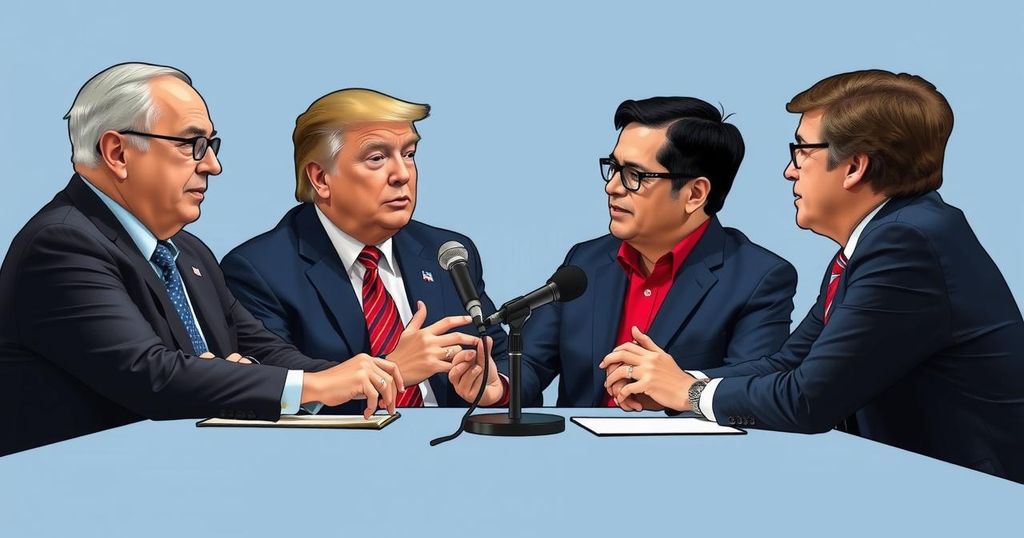German Government Seeks to Mitigate Impact of Musk’s Far-Right Endorsement
Germany’s government is downplaying Elon Musk’s support for the AfD amid rising tensions before the February general election. Musk’s comments in a recent opinion piece sparked controversy, leading to the resignation of a newspaper editor. Government officials assert that the AFd is under surveillance for extremism, reflecting ongoing debates about freedom of speech and political influence.
The German government is striving to minimize the impact of Elon Musk’s recent endorsement of the far-right Alternative for Germany (AfD) party, which has sparked controversy in the lead-up to the upcoming general election set for February 23. Government spokesperson Christiane Hoffmann acknowledged Musk’s attempt to influence the electoral climate but emphasized that freedom of expression encompasses all sorts of statements, regardless of their wisdom. Furthermore, Hoffmann noted that the AfD is currently under observation for suspected extremism by Germany’s domestic intelligence agency.
The context of this controversy stems from Musk’s opinion piece published in the major newspaper Welt am Sonntag, in which he labeled the AfD “the last spark of hope for this country” and asserted that the party could lead Germany towards economic growth, cultural integrity, and technological advancements. This political involvement coincides with a period of uncertainty in German politics following the collapse of Chancellor Olaf Scholz’s governing coalition due to disagreements about the economy. The AfD, which is gaining traction in polls, struggles with legitimacy as other political parties refuse to collaborate with them due to their far-right stance.
Ultimately, the German government is attempting to navigate the implications of a high-profile endorsement from a global figure like Musk while defending democratic principles and monitoring extremist influences within the political landscape. The situation highlights significant tensions around free speech, the role of foreign influence in domestic politics, and the complexities of the current electoral environment in Germany.
Original Source: apnews.com




Post Comment